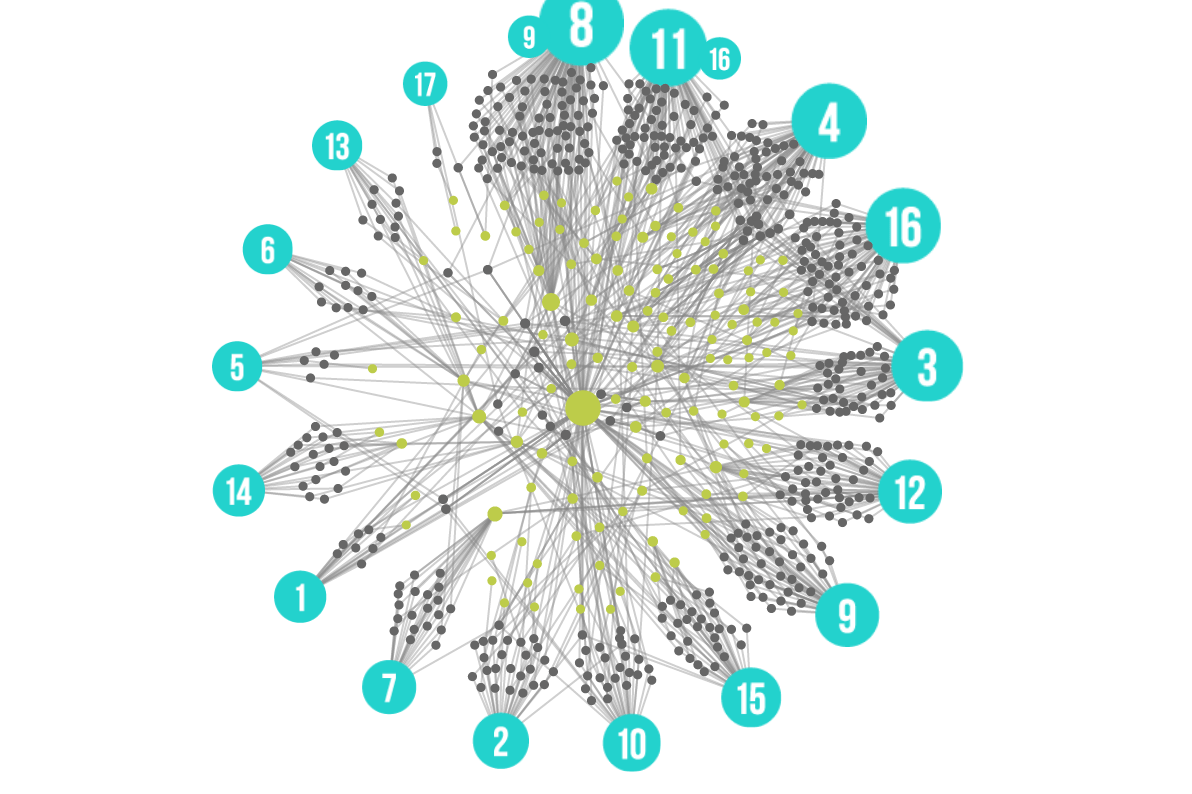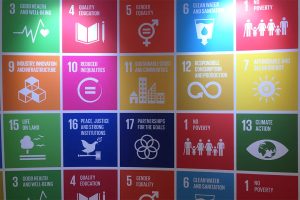October 2017: The international sustainable development community has been invited to provide input to the 2019 Global Sustainable Development Report (GSDR). The GSDR is a quadrennial publication that aims to provide an evidence-based instrument to support policymakers in promoting poverty eradication and sustainable development.
The GSDR was called for in the outcome document from the UN Conference on Sustainable Development (UNCSD, also called Rio+20), which convened in June 2012. A prototype of the GSDR was launched during the 2014 meeting of the High-level Political Forum on Sustainable Development (HLPF), which assesses implementation of the 2030 Agenda for Sustainable Development, including the Sustainable Development Goals (SDGs), annually. The 2015 GSDR was prepared by a team of UN staff and was released in time for consideration at HLPF 2015. The 2015 GSDR provided a survey of scientific findings on oceans and livelihoods, sustainable consumption and production (SCP), disaster risk reduction (DRR), industrialization and the use of big data in Africa, among other issues. It also used crowd sourcing techniques to identify new and emerging issues, with energy coming in at the top of the list, followed by natural resource management, governance and climate change. The 2016 GSDR provided an assessment of assessments based on the HLPF 2016 theme, ‘Ensuring that no one is left behind.’
The 2019 GSDR will be considered during the 2019 HLPF. It is being prepared by an independent group of scientists based on a request by Member States in the Ministerial Declaration of the 2016 High-Level Segment of the UN Economic and Social Council (ECOSOC) and the 2016 session of the HLPF. At the end of 2016, former UN Secretary-General Ban Ki-moon appointed 15 eminent scientists and experts to draft the 2019 GSDR, with Endah Murniningtyas (Indonesia) and Peter Messerli (Switzerland) selected to serve as co-chairs. The scientists are supported by a task team of six UN-system agencies.
Contributions should be peer reviewed scientific publications and other sources of knowledge that are or can be documented in written form, and should be submitted by 1 December 2017.
The independent group of scientists is currently soliciting inputs to the 2019 GSDR from scientific and non-scientific communities. Contributions should be publications supported by short abstracts or descriptions of case studies that address one of four topics: interactions among the SDGs and their targets; transformation pathways towards sustainable development; looking beyond the SDGs to major issues identified by research that are not explicitly taken into account in the SDGs; and the role of science for sustainable development. Contributions should be peer reviewed scientific publications and other sources of knowledge that are or can be documented in written form.
Contributions were originally requested by 1 December 2017, but the deadline was extended to 2 February 2018. Submissions should be made with this online submission form. Further information about the four categories of inputs is also available on the online submission form. [GSDR Call for Inputs][UN Press Release on the Establishment of the Group of Independent Scientists][2019 GSDR website]

